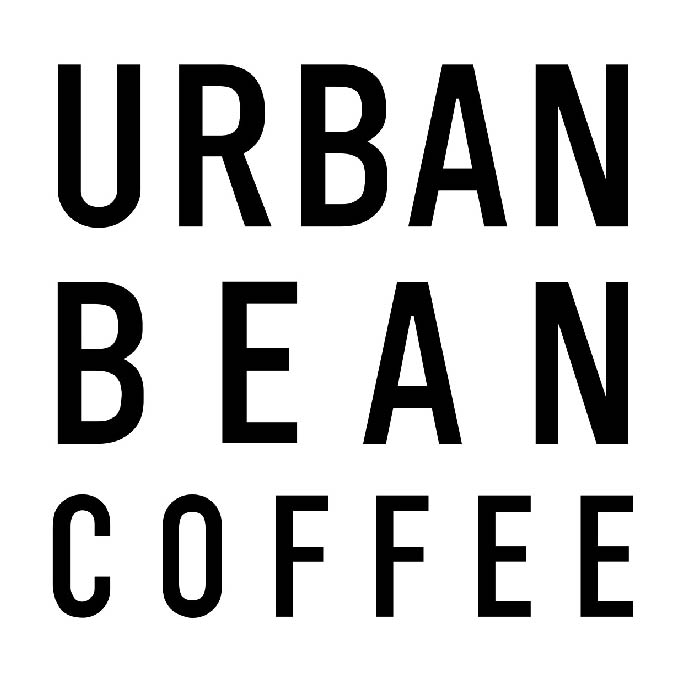17
Products Considered
157
Hours of Research
11
Experts Interviewed
35
Customers Consulted
Organic coffee is grown without the use of chemicals. This helps us take care not only of our health but also of the environment.
It is easy to find organic coffee because there are many offers on the market that bear the USDA Organic label. But not every bag contains fresh high-quality beans that taste good.
We researched certified organic coffee for almost two weeks. We selected the best organic coffee brands based on customer reviews and then brewed coffee from those brands' beans to evaluate the taste.
You can choose coffees according to your taste preferences or by brewing method.
The best organic coffee beans on our list are carefully grown, pesticide-free, always fresh, and delicious.
OUR TOP PICK
Lifeboost Coffee

I know you’re going to love this coffee. After one try, you’ll never go back to mass-produced toxin-loaded “generic” coffee.
Key Features
• USDA organic, mycotoxin and pesticide free certified
• Shade-grown low acid coffee
• All roasts available
SPECIALTY-GRADE COFFEE
Spirit Animal Coffee
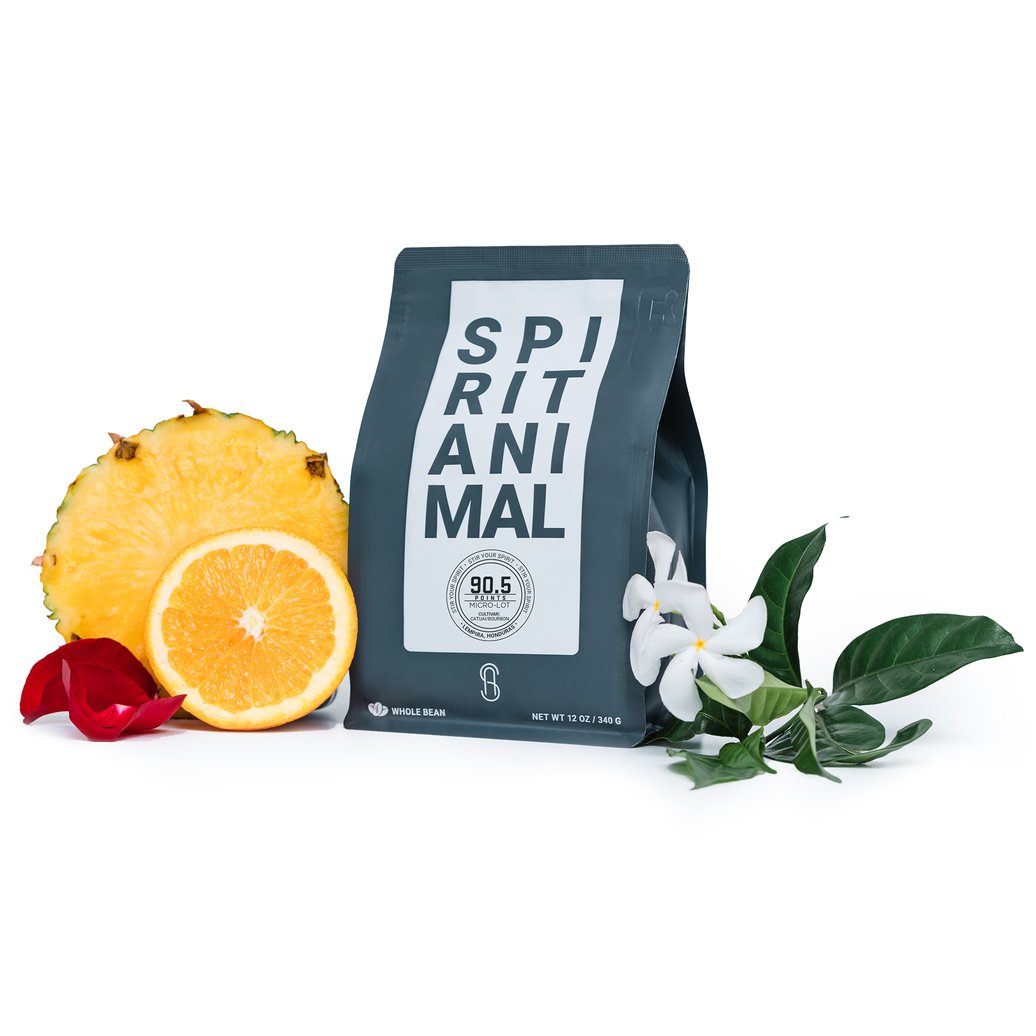
This coffee is shade-grown on high-altitude plantations in Honduras. Chemical fertilizers and pesticides are not used in processing.
Key Features
• Rainforest Alliance certified
• Fallen leaves from shade trees are a natural fertilizer
• 50% discount on a set of 3 bags
BEST DARK ROAST
Equator Coffees
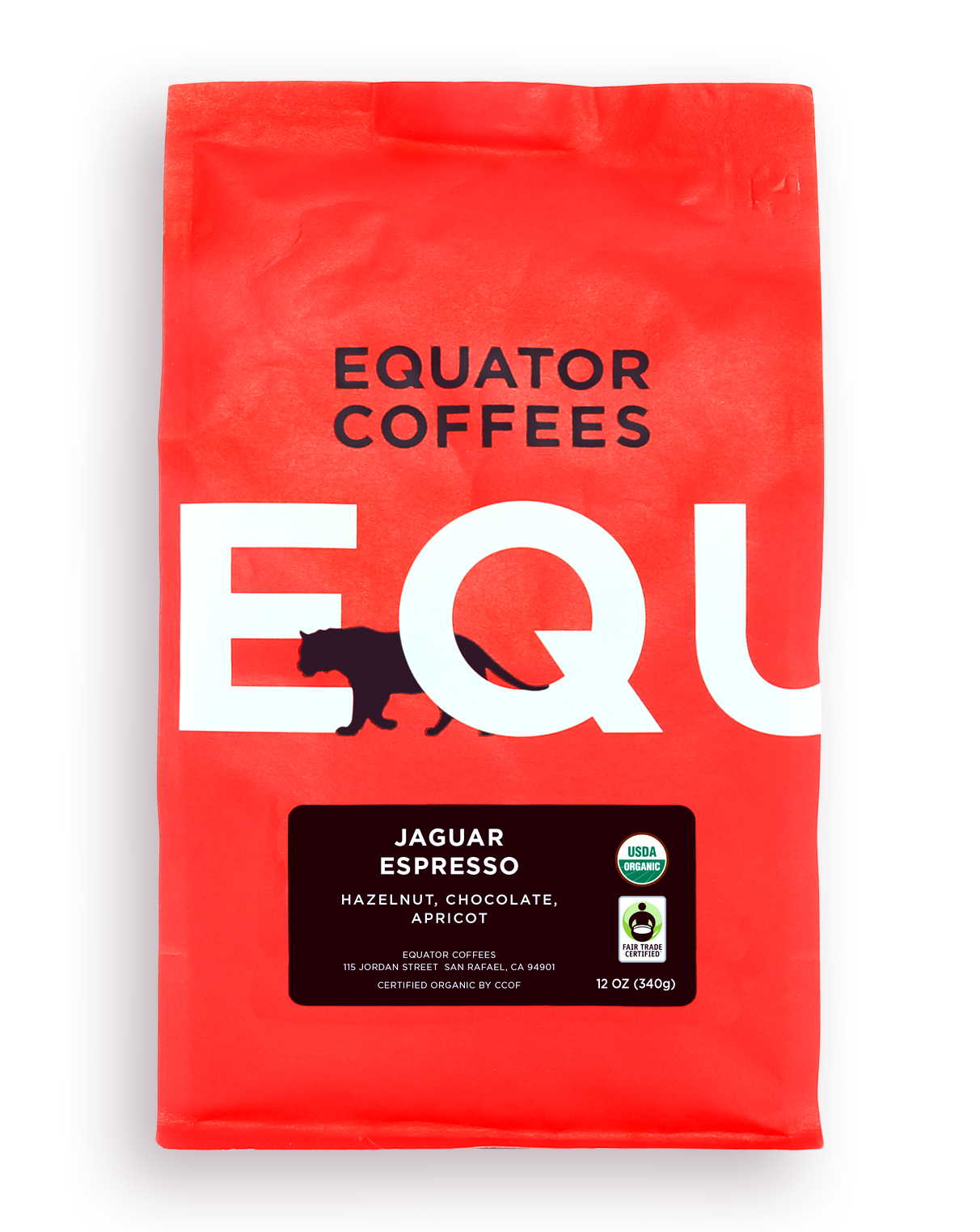
It harmoniously combines everything you could want: sweetness, taste, aroma, and aftertaste. It doesn't matter how you prepare it, you are guaranteed to get a great cup.
Key Features
• Organic and Fair trade certified
• Flavors of chocolate, apricot, and hazelnut
• Perfect dark roast for espresso
BEST LIGHT ROAST
Volcanica Coffee
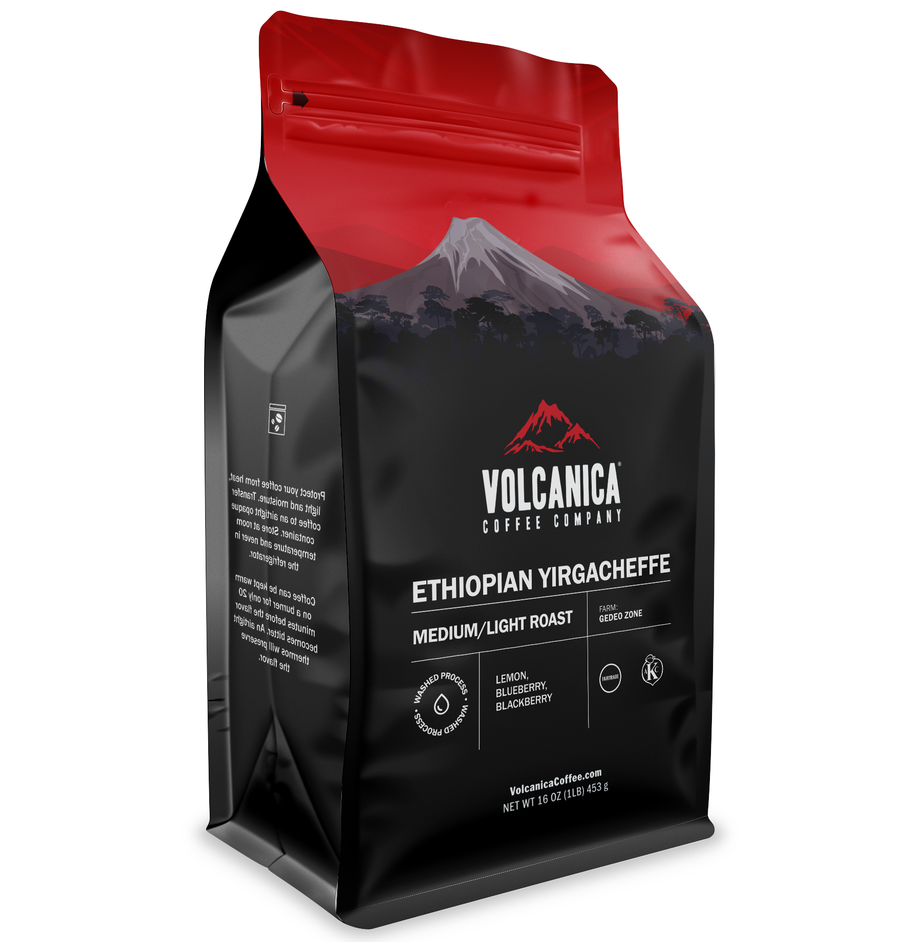
The bulk of the crop is gathered from wild coffee trees, giving this coffee a truly exotic flavor with pleasant acidity.
Key Features
• Organic, Fair trade and Kosher certified
• Perfect for pour-overs, Aeropress and cold-brew
• Flavors of lemon, blueberry, and blackberry
Best Organic Coffee Brands
1. Lifeboost Coffee - Top Pick
9.8
/ 10
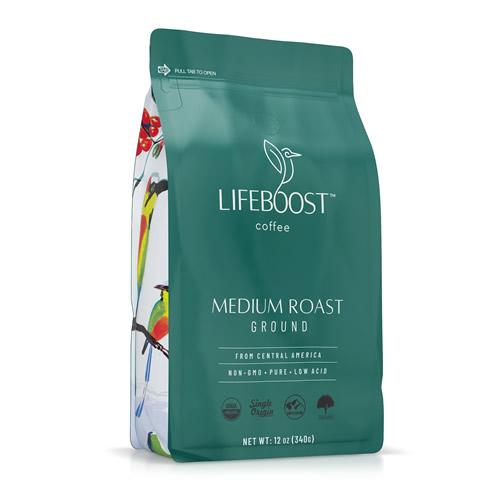

Lifeboost is truly the best coffee brand. It's USDA Certified Organic, single-origin, mountain-farmed, spring-water-rinsed, and mycotoxin-free.
By buying this coffee, you can be sure that you are making the world much cleaner. You will be impressed by the taste, body, and texture of the coffee. The company uses sustainable farming and protects wildlife from the harmful effects of various chemicals and waste.
The coffee is grown, hand-processed, and packaged by owners of small coffee plantations in Nicaragua.
The company offers a range of roasts and coffee flavor profiles, but they all share a rich taste, dense body, and perfect balance. There is no bitterness. The aroma is intense, with hints of caramel, chocolate and wood.
We recommend these brewing methods: French press, drip, and espresso.
The company often arranges generous promotions for its products, which makes it possible to get their coffee at a big discount.
2. Spirit Animal Coffee — Specialty-Grade Coffee
9.5
/ 10

This coffee grows on high-altitude plantations in Honduras in the shade of trees. The berries ripen slowly, absorbing many minerals and nutrients, giving the drink a complex, full, bright taste.
In addition to the taste benefits, shade growing allows farmers to avoid using agrochemicals. The shade that other trees on the plantation create helps retain moisture. Therefore, no additional chemical fertilizers are required, and the fallen leaves also rot and become a natural fertilizer.
The birds that live in tree crowns fight insects that can damage coffee berries. Therefore, pesticides aren't needed.
The company has a lucrative offer right now. You can order a set of 3 bags of coffee with a 50% discount. This is enough for 100-120 cups, so it's an excellent opportunity to enjoy delicious, healthy, environmentally-friendly coffee for a long time.
3. Atomic Coffee Roasters
9.4
/ 10
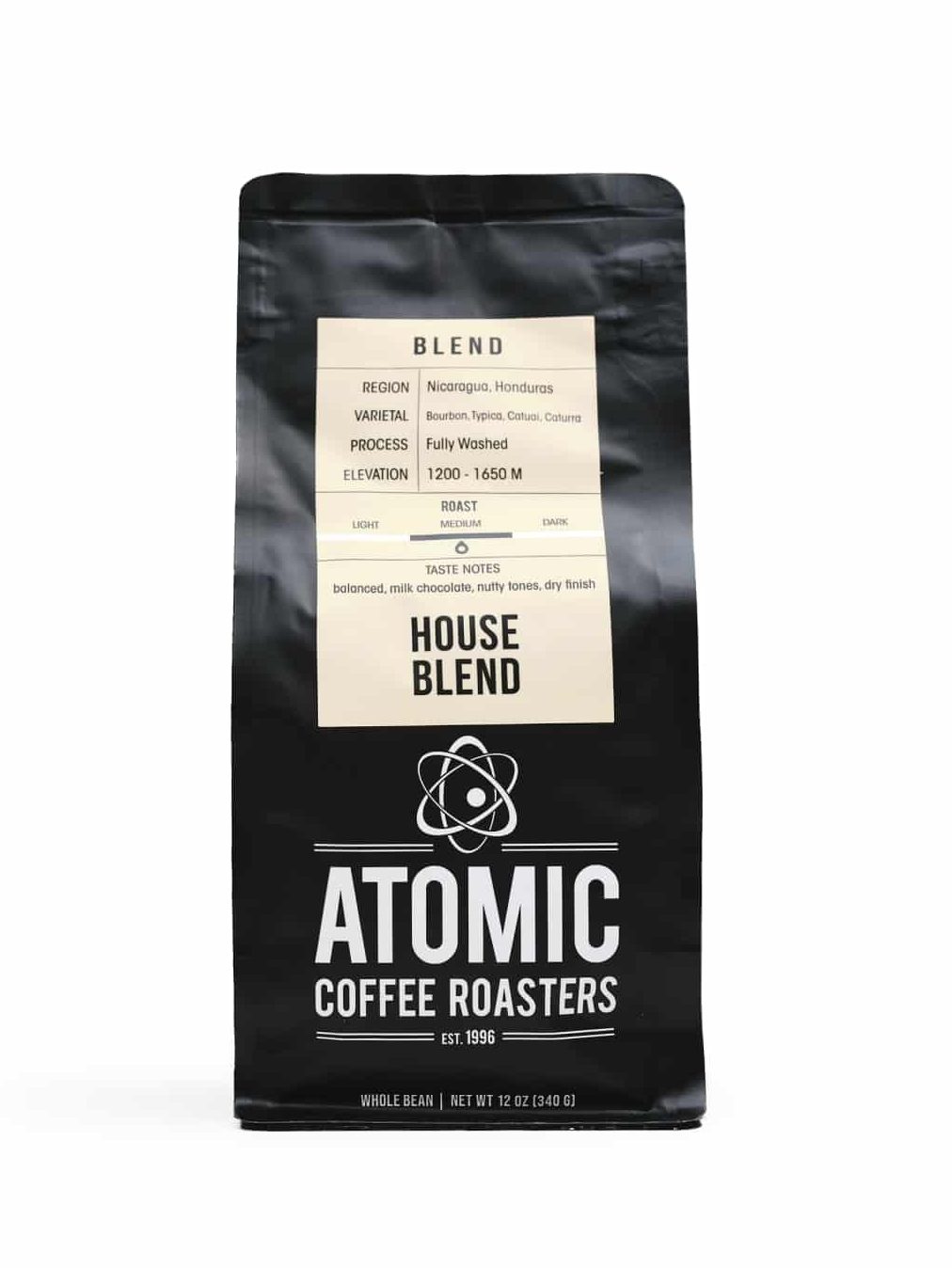

This is a perfectly balanced, medium-roast coffee beans from Honduras and Nicaragua. The taste has notes of milk chocolate and nuts with a slight acidity. The finish is smooth, and the coffee is pleasant to drink without adding milk and sugar.
This coffee is great for both hot and cold brewing. In espresso, the taste is rich and strong, but there is a slight bitterness. If you want smooth coffee, just brew it in a French press or an AeroPress.
We definitely recommend this coffee to people looking for something delicate and flavorful.
The distinct traits of Atomic Coffee Roasters include the fact that the company is environmentally friendly and fair. It sources its coffee beans from small local farms.
4. Volcanica Coffee Co.
9.6
/ 10
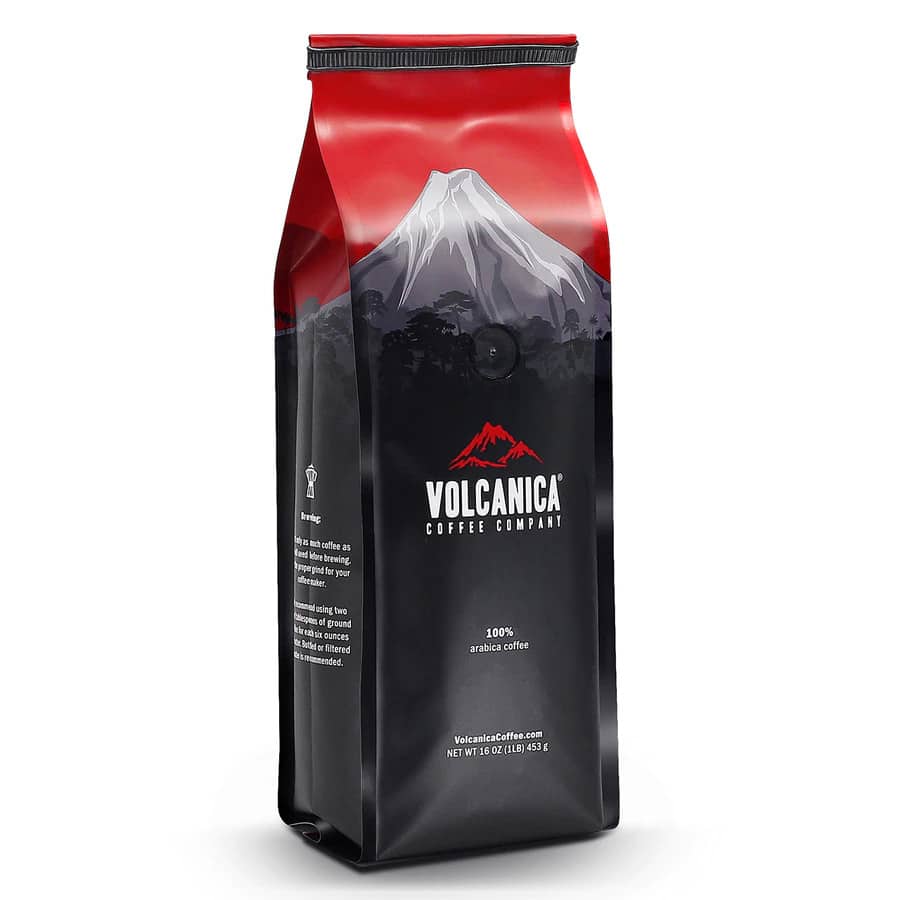

The name of this type of coffee comes from the Yirgacheffe coffee region, which is located in the south of Ethiopia. The region produces coffee with distinctive floral and fruity notes from traditional Arabica varieties.
Yirgacheffe Medium Roast is truly the best organic coffee beans from Ethiopia. It has a naturally sweet taste with notes of ripe strawberries, dark chocolate, lavender, and pineapple. It also has a splendid aroma that combines fresh cedarwood with subtle notes of lemon zest.
This coffee has a full, soft mouthfeel. Lavender and chocolate predominate in the light and pleasant aftertaste.
We recommend brewing in a French press or pour-over—you will always get an exquisite cup.
Pour-over is worth mentioning separately because you have complete freedom to experiment. No matter how you brew, this cup of coffee will surprise you every time thanks to its sweet structure. The key features will be freshness, gentle acidity, and a bright, rich taste without bitterness. This is a great way to start the day.
Volcanica fully reveals all the flavor characteristics of this coffee during roasting. And it always delivers goods on time and keeps prices low to please consumers.
5. La Colombe Coffee
9.2
/ 10
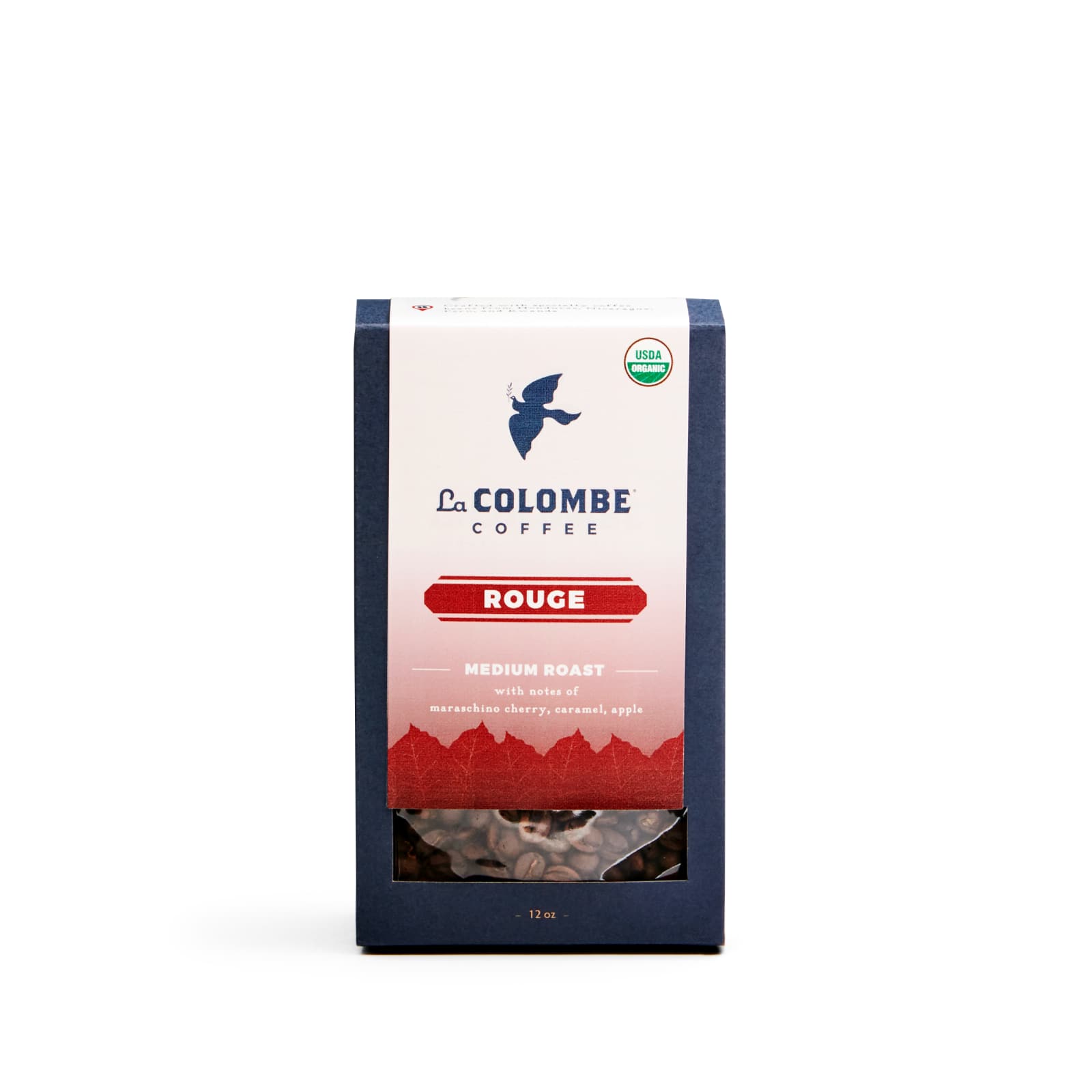
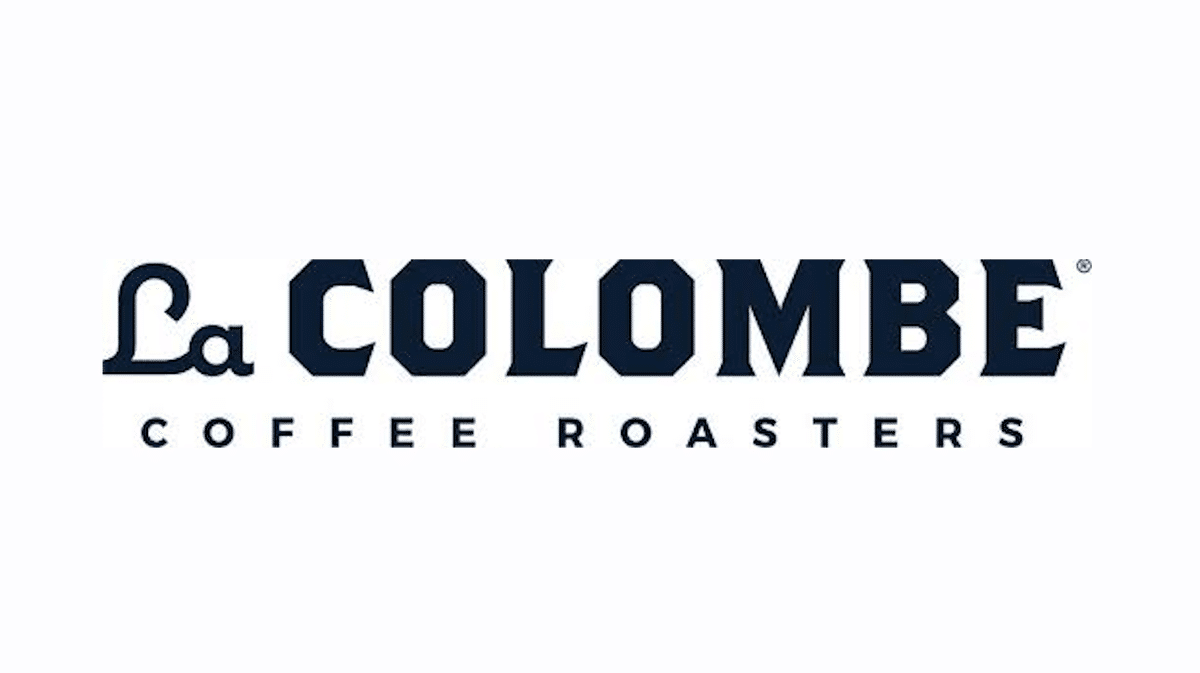
Rouge is a blend of organic-certified coffees from Ethiopia, Honduras, Nicaragua, and Peru.
This is the best organic dark roast coffee with the exquisite sweetness of currants and maraschino cherries. It has a very mild caramel flavor without bitterness. The finished drink has a light, spicy aroma and notes of green apple.
Prepare your coffee using the pour-over method to maximize all its flavor nuances. Your cup will delight you with the coffee's excellent smoothness and richness.
Rouge also makes an excellent, aromatic espresso with a mild taste and pleasant notes of chocolate. It goes well with espresso-and-milk drinks. If your favorite drink is a latte or cappuccino, you will definitely be satisfied.
What about cold brew? Rouge works well for this brewing method, too. The drink will reveal a variety of tastes, there will be no bitterness in it, and the acidity can be easily adjusted by adding water.
6. Equator Coffees
9.0
/ 10
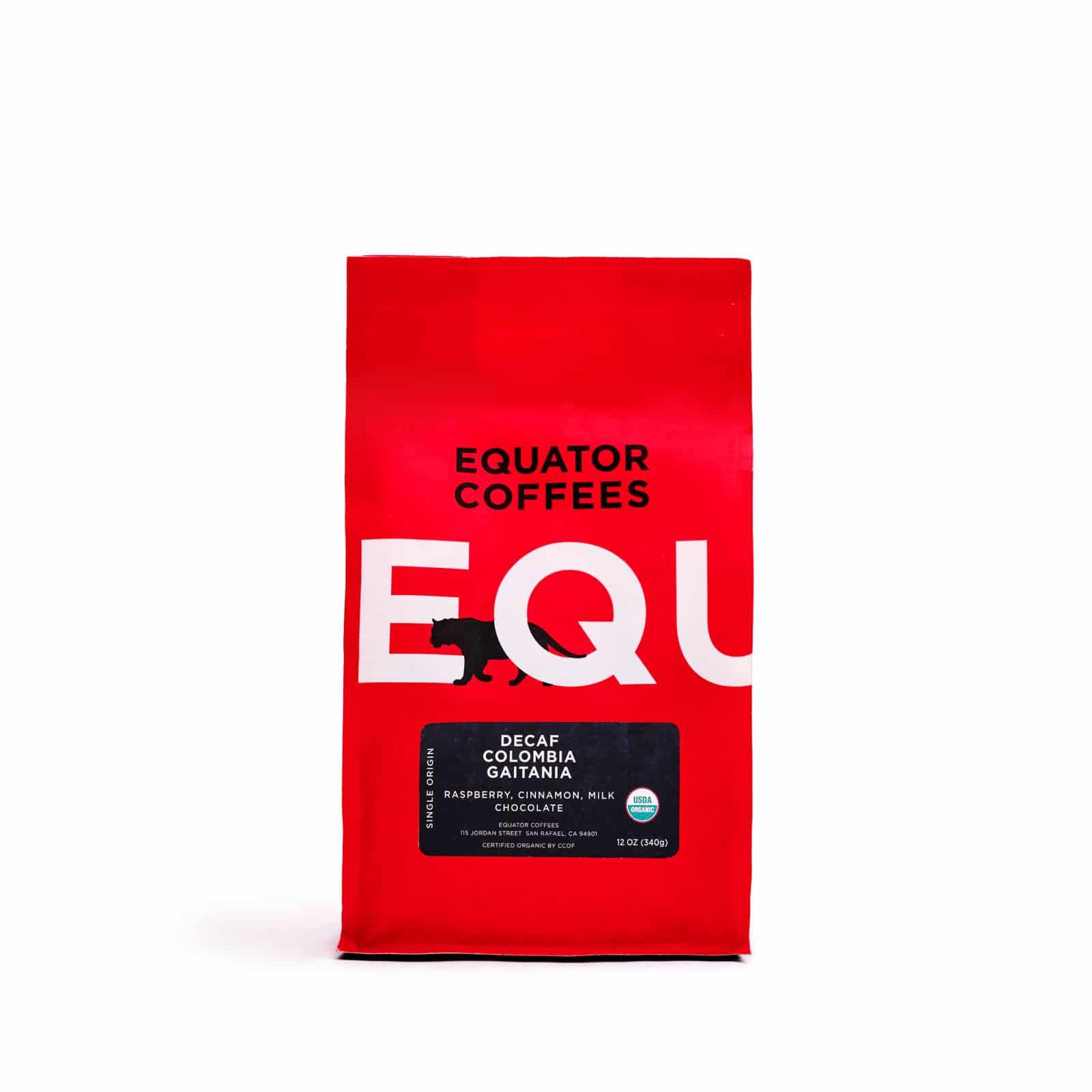
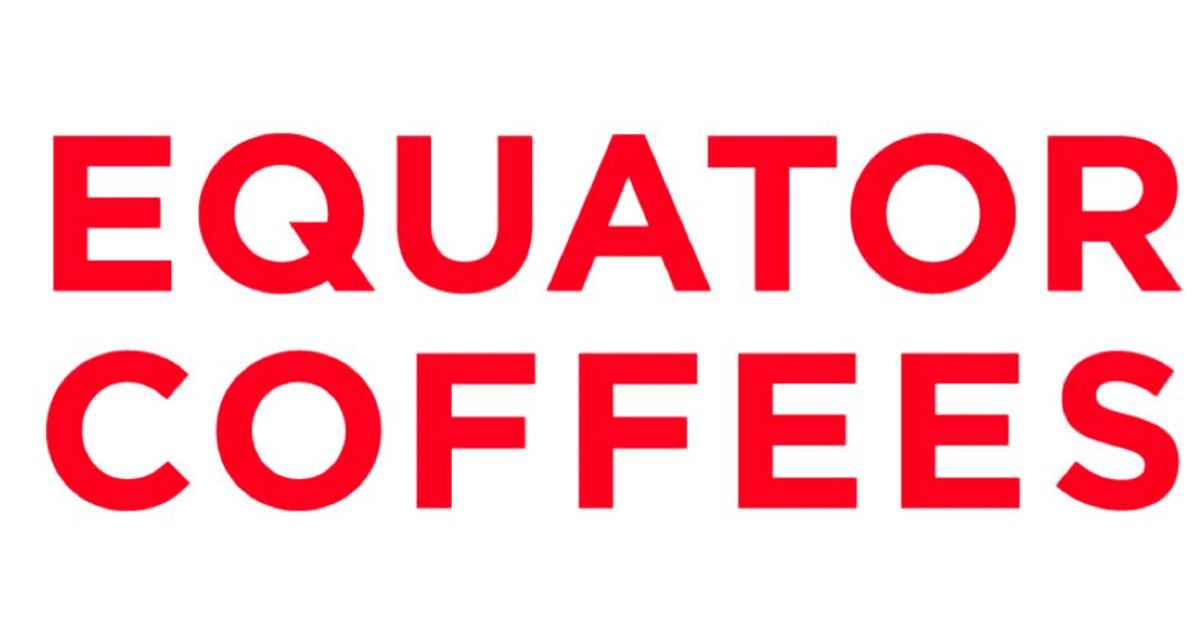
This is a great decaffeinated coffee that tastes just as good as regular coffee. It's organic and also certified bird-friendly.
It's a rich, dark-roast blend that retains its smooth fruity flavor and acidity despite being caffeine-free. This allows you to prepare the perfect cup of coffee.
The texture is creamy, and the taste has notes of plum, molasses, and raspberries. The aroma is delicate, with a pleasant balance of cinnamon, milk chocolate, and nutmeg.
The drink has a good body, a silky mouthfeel, and a long aftertaste with hints of berries and nuts.
It tastes great both black and with milk.
The coffee is decaffeinated using the Mountain Water Process so it retains its original flavor characteristics.
7. Death Wish
8.9
/ 10

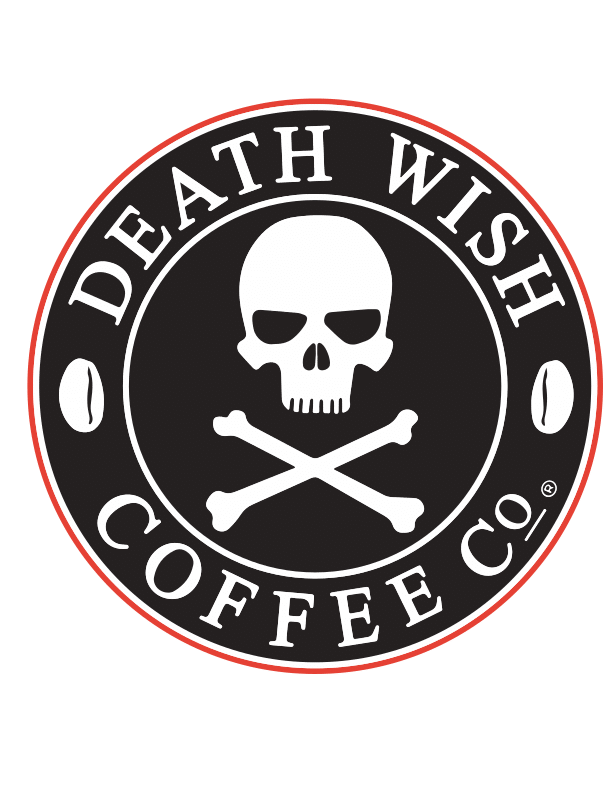
The smooth, not bitter mixture of Death Wish organic ground coffee has an intense, bold aroma with subtle notes of cherry and chocolate. The combination of the best Arabica coffee beans and Robusta beans gives you clarity and emphasis on a high-caffeine product without acidity or a bitter aftertaste.
Thanks to their unique blend of Arabica and Robusta beans and a slow roasting process, the guys at Death Wish coffee company naturally produce a product with twice the strength than your regular cup. No additives or extra caffeine are added during the preparation of the mixture – only Fair Trade organic coffee beans.
Roasting small batches provides quality and consistency, and also gives it a fresh taste that is unparalleled. Death Wish roasts less than 65 pounds per batch by a team of bean masters right at their headquarters in upstate New York.
Death Wish coffee certified organic by QAI US-ORG-50
8. Cameron’s Coffee
8.8
/ 10

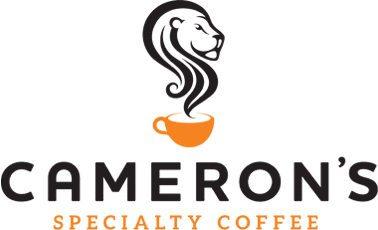
Looking for the best organic french roast coffee beans? Look no further than Cameron’s Coffee.
Cameron’s Coffee produces a smooth and aromatic drink. Their product is stable, made only by hand and roasted in small batches. Its dark and saturated profile is classic.
Organic blends are grown using natural pest and fertilizer control, providing a natural choice for your kitchen while preserving biodiversity and protecting the land.
From roasting in small batches to reducing water consumption, Cameron strives to improve in every way they can. Creating positive change means taking care of their product, farmers and the environment.
They pick only the top 10% of beans in the world, handcrafted to perfection. If you like Lavazza, Door County, Caribou, Death Wish, or Illy blends, Cameron’s Coffee will not disappoint you!
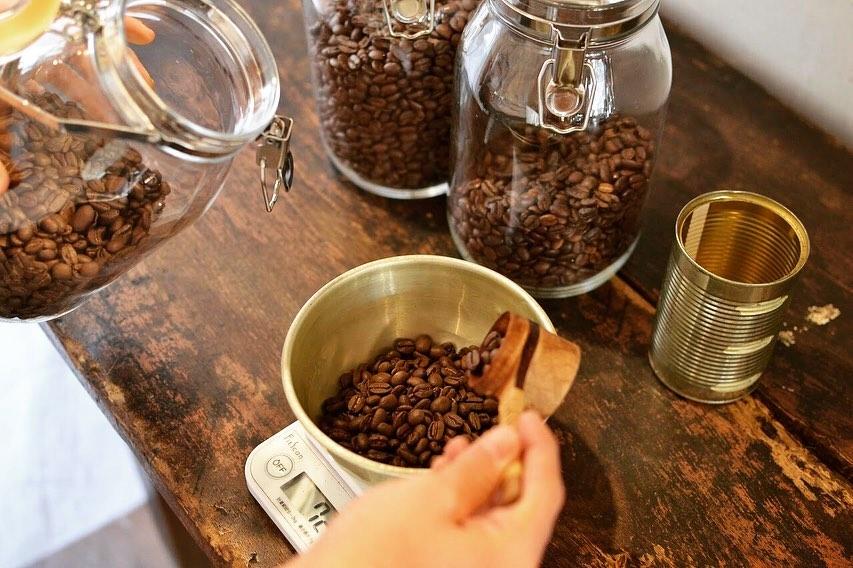
What Makes the Best Organic Beans?
Organic coffee does not contain pesticides, genetically modified ingredients, dyes, or added flavors. Let's take a look at the factors involved in growing organic coffee.
Origin
Organic coffee is cultivated on plantations that have not used chemicals for many years. In addition, there are no industrial enterprises nearby.
Plantations that grow organic coffee are often located in the shade of trees on the slopes of mountains.
Due to temperature changes and precipitation, the optimum humidity level for coffee is maintained.
Leaves serve as a natural fertilizer. In such conditions, chemicals can be dispensed with.
Shaded plantations do not need pesticides to control the insects that can damage coffee berries, because the insects are eaten by birds living in the other trees.
Because it is almost impossible to harvest by machine on high-altitude plantations and because machine-based harvesting reduces the quality of coffee, the coffee is harvested by hand.
Direct Trade
This trade model excludes importers and exporters from the coffee production chain.
Farmers sell their beans directly to roasters, so each party gets more profit.
Direct trade eliminates the possibility of inorganic coffee getting to you because when roasters and farmers are more familiar with each other, they can ensure they're providing customers with the best products.
Under this model, buyers are more aware of cultivation and processing methods, so they can determine whether the coffee they're buying is truly organic.
Processing
Organic coffee is most often processed using washed or natural methods.
Washed processing is time-consuming and expensive, but it's ideal for large high-quality beans. It makes the coffee taste brighter and more acidic.
Natural processing is cheaper than washed processing, and it results in coffee that often has a sweet taste.
Farmers from Asia, South America, and Africa usually use the natural method.
But there are regions with a lot of rain or very high humidity where only wet processing is used. These regions include Indonesia, Cuba, and Central America.
The processing method does not affect whether the coffee is organic or not. It affects the taste.
Certification
Organic coffee must have a certificate confirming its purity.
The certification is issued by special organizations that are recognized throughout the world. They are found in the US, Europe, Japan, and India.
In the United States, coffee is certified organic by the USDA National Organic Program (NOP) and by third party organizations that have been accredited by the NOP.
Any type of coffee can be organic. The main thing is that it must be grown on ecologically clean land.
Organic coffee must be sold in a bag with a special label.
What Are the Benefits of Organic Coffee?
Organic coffee has many benefits. They can be a reason to abandon conventional beans. Let's take a look.
Better Taste
If you love coffee and choose your beans carefully every time, organic beans are for you.
Organic coffee tastes more complex. It is brighter and richer than standard coffee.
As a result of the slow ripening process, organic coffee cherries often store more sugars, acids, and other trace elements.
Taste largely depends on the quality of the soil and on other nuances, but you'll definitely notice that coffee tastes best when it doesn't contain pesticides or chemical fertilizers.
Eco-Friendly
When open-area coffee plantations are built, tropical forests are cut down. This is a serious problem for the ecology of coffee-producing regions.
One of the ways to reduce the harmful impact on the environment is to use the shade-grown method. Either the coffee trees are planted directly in the rainforest, or other trees are planted on the coffee plantation.
Organic coffee avoids pesticides, which also reduces the harmful effects on animals.
Thus, organic coffee helps maintain a healthy, balanced environment.
Healthy
There is a list of approved chemical fertilizers, and their use may not affect your health in any way.
However, it is difficult to find out exactly which fertilizers were used on a particular inorganic coffee. As a rule, the manufacturer does not provide this information.
Fortunately, organic coffee is guaranteed to be pure, without toxic residues from fertilizers.
Supports Farmers
Most organic coffee beans are sourced from fair-trade farms.
This ensures that workers receive decent wages. Child labor and forced labor are not used on such farms.
Farmers also get a fair price for their coffee. The price is much higher than that offered by large corporations.
Where to Buy Organic Coffee?
Now that you fully understand the definition of organic coffee and its general advantages over ordinary coffee, you should be wondering where to find this healthy drink.
Don’t worry, there are many places where you can find and buy your favorite organic product.
At the supermarket
Many shops and supermarkets have a coffee section that you can view. Be sure to look or an organic label to see if it has been certified.
If you want more organic options, you can visit organic stores that sell only organic products. Thus, you can choose from many well-known brands for your organic coffee.
At Fair Trade Shows
Fair Trade is also a good place to search for new organic coffee brands. Here you will get the opportunity to meet with farmers who grow beans.
Discuss their product with them to see if it suits you. Use all the knowledge you learned in this article, such as fertilizers, pesticides, the decaffeinated process, etc., to get more information about the new organic brand.
On the Internet
Another good way to buy organic coffee beans on the Internet.
You can buy the organic coffees on Amazon or some other site. E-commerce sites offer many high-quality organic products and brands. Better yet, you can spend more time reading about them and doing research before making your final purchase decision!
Conclusion
Our team chose Lifeboost Coffee Company as the best organic coffee brand. Not only is it free from pesticides and chemicals, but it also tastes great.
Lifeboost's farm is located in the highlands of Nicaragua. There, the coffee cherries ripen slowly. They store a lot of sugars and acids, which give the coffee a unique taste.
Sources:
- Why Switch to Organic Coffee? - Metagenics blog
- Organic 101: What the USDA Organic Label Means - USDA
- Organic coffee - Wikipedia
